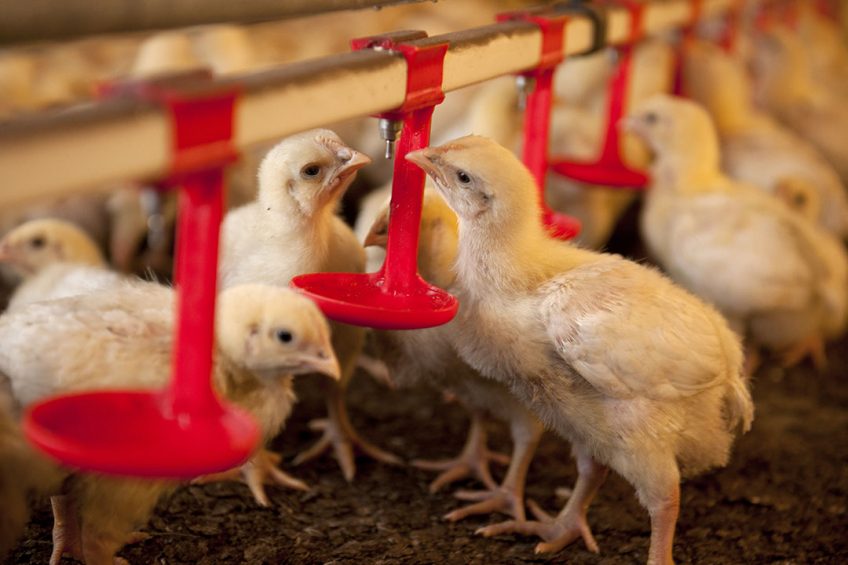Addressing misconceptions about animal production systems

Producers and policy makers need to do more to address the mistrust and misconceptions the public have about production systems and interventions associated with production diseases.
It follows the publication of research carried out across five European countries that show the public believe that modern animal production methods may breach two of their core concepts as essential for animal welfare – humane treatment and naturalness.
The research, carried out in Finland, Germany, Poland, Spain and the UK as part of the ProHealth pan-European project, also revealed consumer concerns about use of antibiotics in poultry and pig production and the fact that many were unfamiliar with how the food they eat is produced.
Lead author Beth Clark, from Newcastle University, said producers needed to consider:
• Working with independent and trusted bodies such as animal welfare organisations and quality assurance schemes to raise standards
• The preference of consumers for the most “proactive” interventions to address production diseases, which were improved housing and hygiene measures
• Providing information at industry level about when and why antibiotics or more reactive interventions are used, to help allay public concerns about human health and safety
• Communicating transparent information by using company websites to convey information to those who wish to proactively seek it out, and being open to engaging in communications with consumers
• Working with the media to highlight good practice, including examples of proactive management measures being used to prevent production diseases
• Promoting better supply chain coordination and cooperation to ensure that all stakeholders are working together to support each other and convey consistent and accurate messages to the public.
The research also called on EU policy makers to consider designing regulations to continue to reduce the use of antibiotics with communication majoring on the increased transparency of the industry to help address public concerns and misconceptions.
Other areas to consider include:
• Ensuring that animal welfare legislation in place addresses the concerns of consumers who do not purchase animal products, such as vegetarians and vegans
• Developing more formalised links between legislation and public perception with more consultations and surveys, with regular review processes. It is important that appropriate minimum standards are in place given the changing perceptions and preferences of consumers over time
• Guidance on clearer public labelling to inform consumers and to help their decision-making.
Ms Clark said a better understanding of how consumers related to food systems and transparent communications would help improve trust in the food chain.













